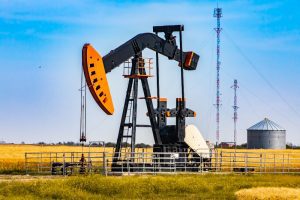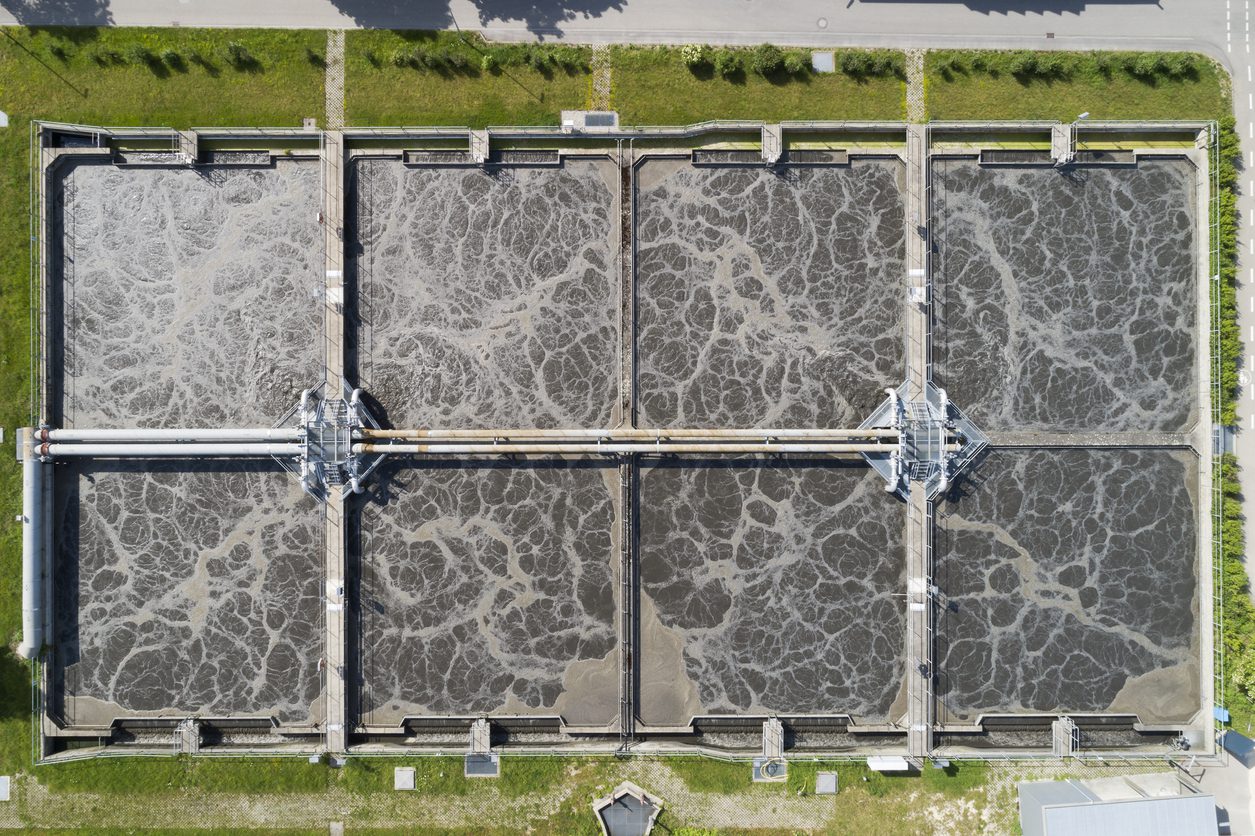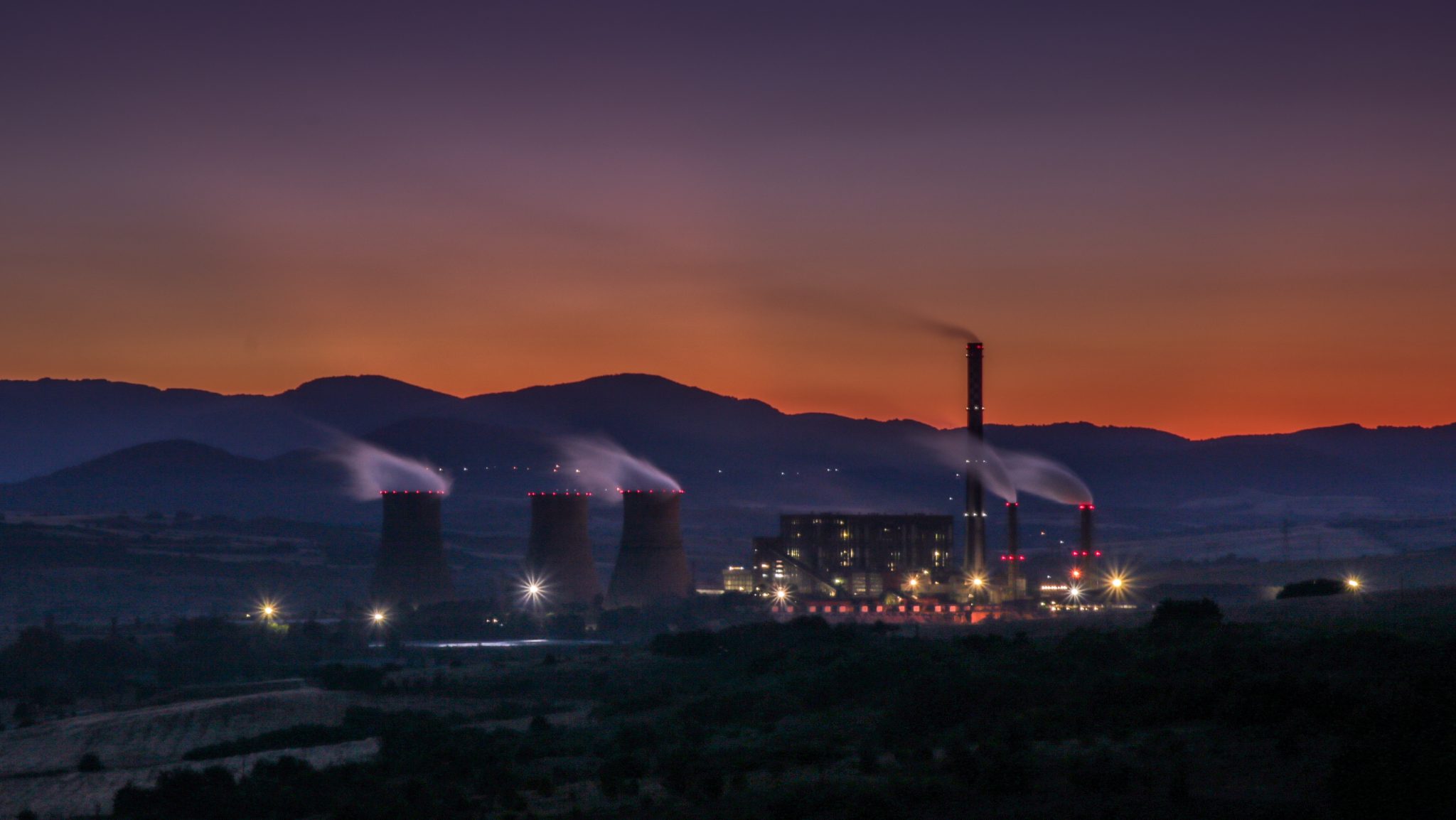How the Oil and Gas Industry Is Increasing Sustainability
Humanity has come a long way in the past several years to understand and address current environmental problems. Environmentalism and sustainability are certainly not the first terms that spring to mind when thinking of the oil business.
Nonetheless, we live in an increasingly eco-friendly society in which both the residential and commercial realms embrace and implement green practices to create a safer living and working environment, reduce unnecessary spending, and assist in preserving our planet Earth.
With this in mind, it’s not surprising that contemporary oil firms realize the need for a more sustainable and ecologically friendly business model that will benefit the environment and the industry as a whole.
The oil and gas sector is joining the global green movement in several creative ways. Let’s look at a few of them.
Reducing the Use of Freshwater
One thing the oil industry is known for is the overly abundant amount of freshwater required by all of its operations. And some of those operations are not the most efficient — like fracking and oil sand element separation. Those techniques use water to extract oil from oil (bituminous) sands and they don’t have a good record on sustainability.
It seems that the era of excessive water usage in the oil industry is coming to an end, with many oil companies already showing impressive results in freshwater recycling. On average, the industry manages to recycle between 80% and 95% of used water. This result is even more remarkable once you learn that in the U.S. alone, 2.5 billion gallons of water are extracted together with gas and oil every day. To put that in perspective, a million gallons of water can cover an entire football field up to 4 feet in depth. Before the recycling efforts, most of that water was wasted after being injected back into the ground.
Even though recycling was a huge step to a greener industry, forward-thinking businesses are searching for new methods to save freshwater right from the start, rather than relying only on recycling. The present emphasis is on recycling water for various processes by increasing filtration and eradicating pollution via different water treatment technologies, such as ultraviolet (UV).
Preventing Methane Leaks and Oil Spills From Happening
The oil sector is well aware of the role methane plays in air pollution and climate change, and reducing emissions as much as possible has become a high priority. By using current oilfield equipment to its maximum capacity and leveraging existing and new technology, oil firms reduce wasteful oil spills and undesired methane leaks.
Technological advancements support conservation. Companies can minimize their oil waste while meeting market demands by utilizing micro refineries to convert waste oil into usable diesel fuel.
Updating Equipment and Improving Maintenance Processes
Equipment that verifies environmental safety is required by several oil and gas companies. Fortunately, environmentally friendly oilfield equipment has been available for a few years and has provided all the necessary assistance to guarantee the environment’s well-being. 
Another critical aspect of implementing the newest technologies is human safety. When it comes to specific processes in the oil and gas industry, it’s not only the planet that we should think about but also employee safety.
For example, traditional oil tank cleaning methods include people going inside confined spaces (tanks) in potentially hazardous environments while doing arduous manual work.
Instead of using humans to clean in these tight and dangerous areas, companies often opt for different solutions, the newest being the robotic tank cleaning system. It is the only method in which a worker doesn’t have to enter an oil tank for cleaning.
Leveraging Data
The corporate world is well aware of the importance of information in driving growth and innovation.
Technology plays a critical role in increasing production while reducing spending and waste, and the oil and gas sector is no exception. According to a study conducted in 2017, offshore oil platforms were only producing at 77% of their actual capacity.
That’s excellent news since it indicates there’s still potential for development across the board. Forward-thinking businesses have already started using smart analytics systems to boost profits while benefiting the environment. Eliminating bottlenecks, accidents, and resource waste begins with identifying weak areas using current software.
Make Your Plant More Eco-Friendly
We know that oil and gas corporations are contributing to climate change and this industry has recognized their environmental impact over time.
It has prompted them to strive to adopt more environmentally friendly methods and be more aware of their role. Oil and gas corporation executives can build a sustainable foundation and progress toward a greener future with the assistance of new, advanced technology.
Fossil fuels will continue to be an important natural resource necessary to meet our expanding energy and manufacturing needs. They also come with environmental challenges we must address. However, every step in the correct direction is beneficial. And who knows, maybe in 10 years, we’ll be having a totally different discussion than this one.





